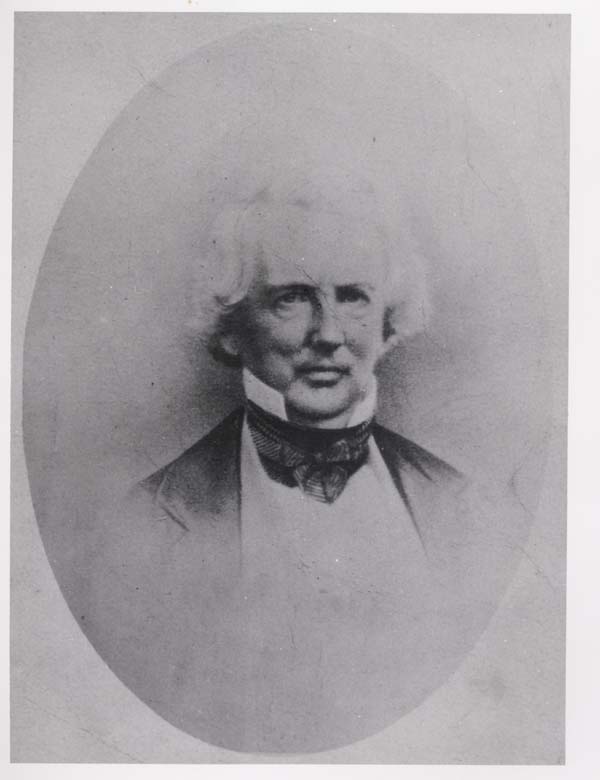Couchpotato
Platinum Member
- Mar 2, 2021
- 12,356
- 5,856
- 938
The cause of the civil war is a problem in our current politics?There are countless issues like this in our politics but this one in particular is the most obvious.
The reason the GOP doesn’t win popular votes any more and the reason conservatives are seen as cruel morons who are better to be lampooned than taken seriously (when they are not in office) is because of the stances on issues like this.
So if they just said slavery it would all be better?
Nobody forces you guys to contort yourself into a position to where you ignore that the war was about slavery. Just as nobody forces you to go to bat for George Zimmerman or whatever his name was, Derrick Chauvain, force 12 year old rape victim to carry a pregnancy to term....you guys do this on your own. And save the counter arguments. By any modern standard...you’re on the wrong side of every one of these topics.
But you take your positions...then you come on Twitter and places like this and complain about the media you get for taking such bizarre positions that fly in the face of not only history but morality itself.
